The trends driving forklift use in the UK
The forklift industry supports and supplies dozens of other crucial industries across the UK, including warehousing and distribution, construction, and agriculture. Without access to efficient and well-maintained forklift trucks, these industries would struggle to complete basic functions.
The UK forklift industry has been a staple for many decades, but this doesn’t mean it is immune from market changes and developments that affect our economy generally. Although it often brings uncertainty, change is not a negative thing. Here are some of the current trends driving the UK forklift industry and how they are benefitting businesses.
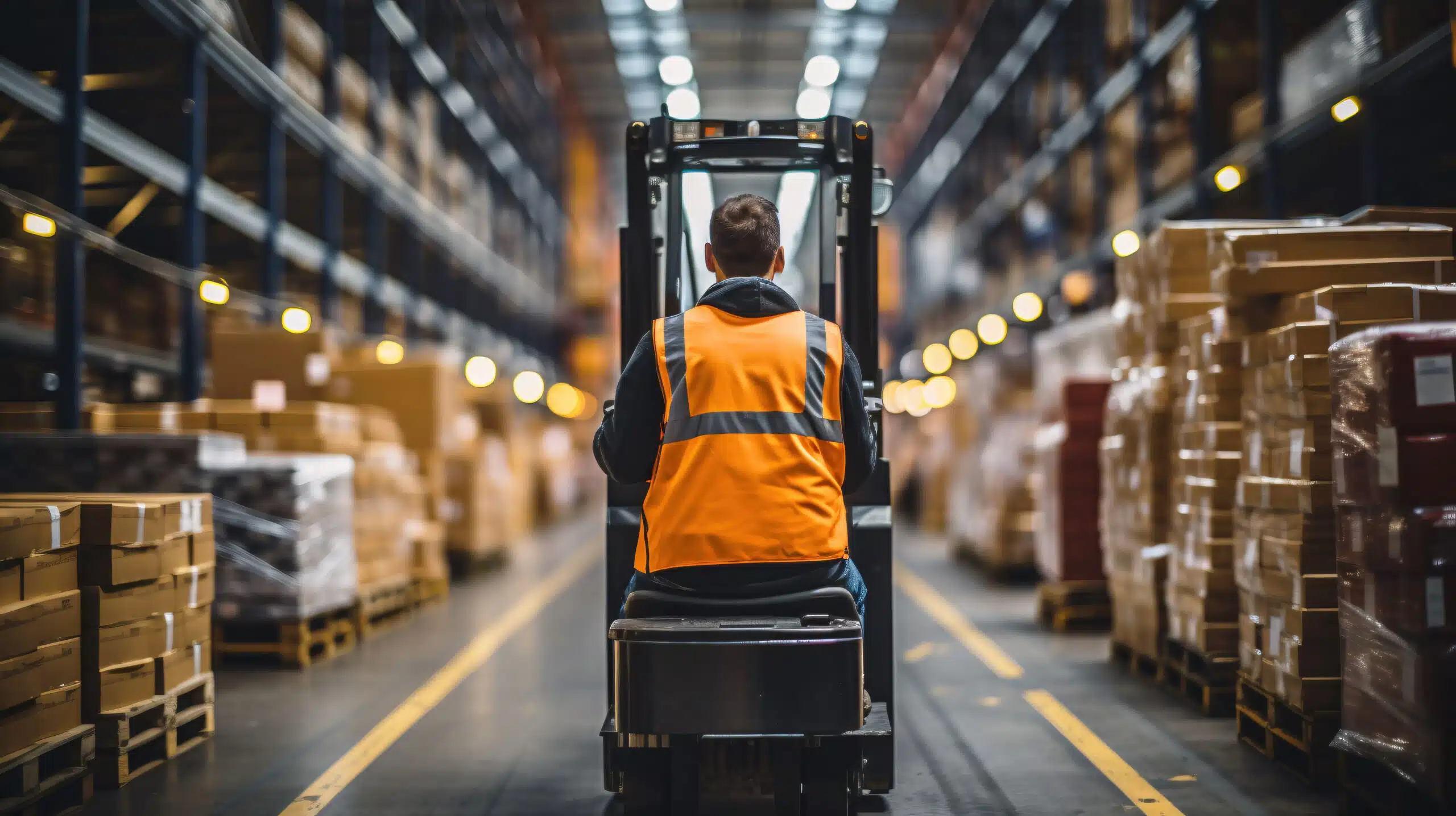
High demand in warehousing and distribution
Since the boom in e-commerce, which was accelerated by the global covid-19 pandemic, warehousing and distribution has grown massively. Retail giants like Amazon operate exclusively from huge warehousing centres and these businesses have driven demand for forklifts.
People expect increasingly fast delivery, and for large retailers and distributors, down-time is detrimental. Fleets of high-performance, serviced vehicles are required to keep operations running. The need for narrow-aisle vehicles, stackers, and manoeuvrable counterbalance forklifts has risen to keep up with growing online sales. Businesses get the most from their forklifts with purpose-designed forklift attachments for warehousing and distribution.
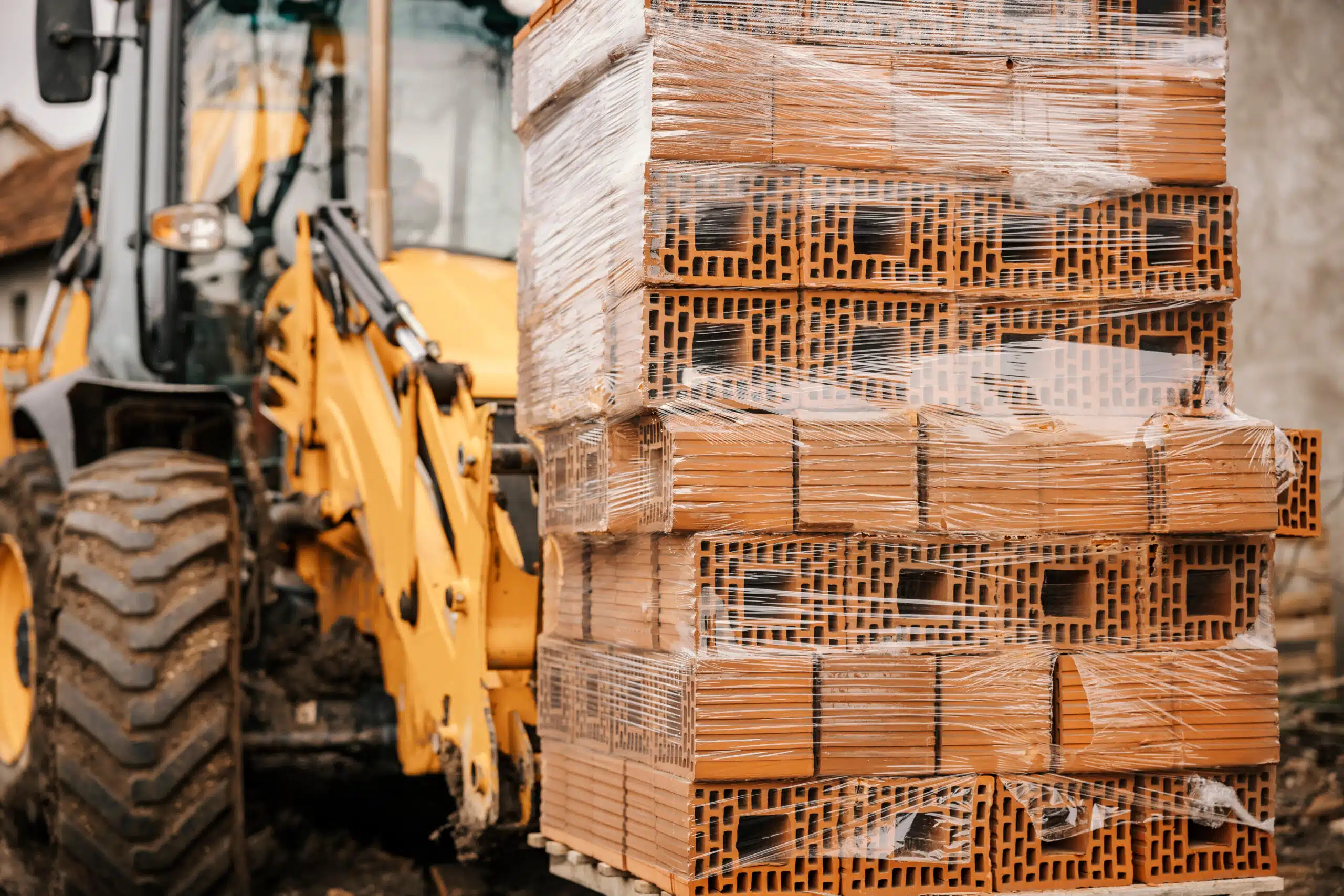
Heavy-duty forklifts and attachments in construction
Construction remains one of the most heavily invested sectors in the UK, with the development of high-rise commercial buildings a common sight across cities. The demand for heavy duty vehicles that can be conveniently charged and fuelled has risen, as has the need for construction-specific forklift attachments.
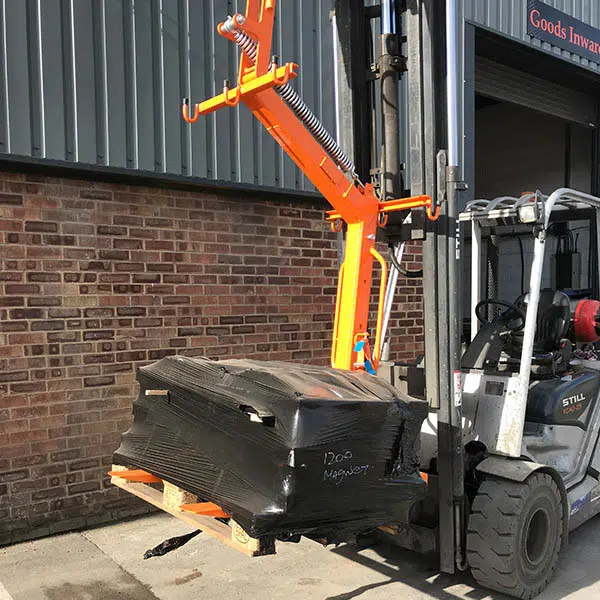
The Automatic Pallet Forks are an example of a forklift attachment driving operational efficiency in construction. The attachment converts an overhead crane into a pallet mover, used where forklift access is restricted by lack of floor space in high rise developments.
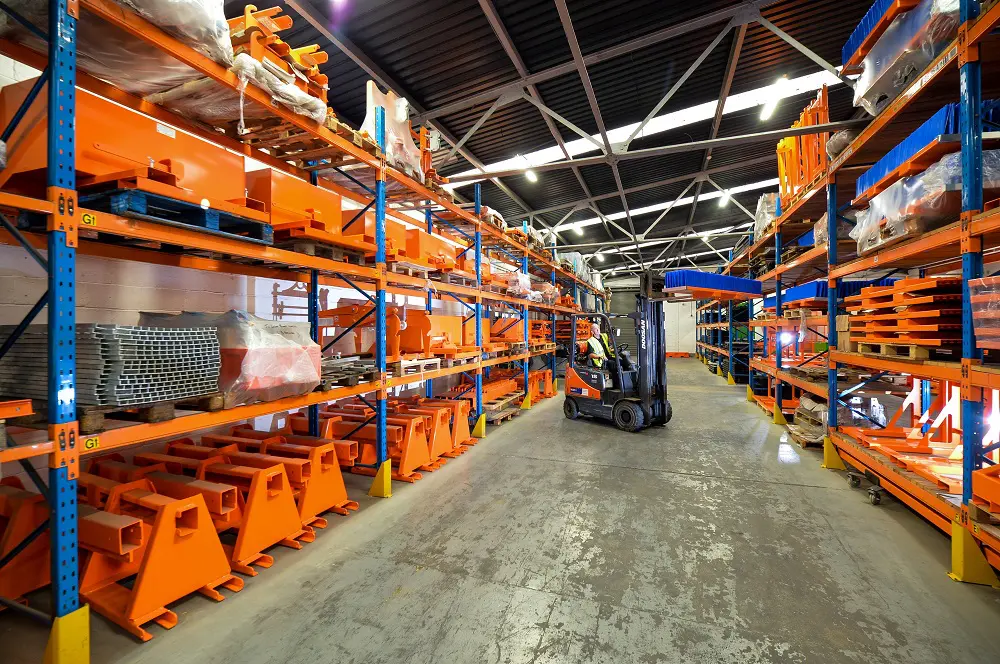
Working smarter not harder, with forklift attachments
While large businesses are undoubtedly driving change when it comes to forklift use, most forklifts are used by small and medium sized businesses. These businesses may only have one or two vehicles and must make them serve their daily operations effectively.
The availability and variety of purpose-designed forklift attachments is something that forklift and site managers continue to tap into for business improvements. The right attachments can double or triple the usage of a forklift and speed up manual and time-consuming tasks.
One forklift can be used to move product, remove waste, clean, plough, carry liquids, and lift personnel for access at height, and a great many more uses. Bespoke forklift attachments are even designed to fix challenges specific to a customer or process.
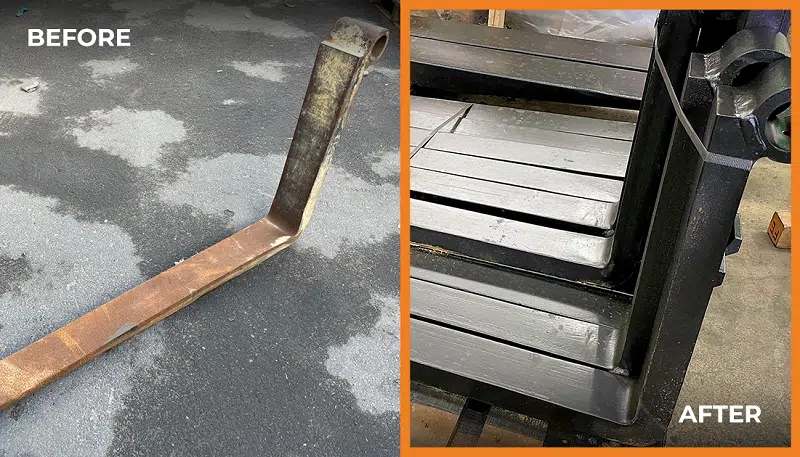
Reducing waste and emissions in the forklift industry
Sustainability is an ever-growing focus of every sector. Within the forklift industry, the main topics include reducing emissions with efficient electric vehicles and reducing waste by repairing and refurbishing forklifts and forklift attachments for longer lifespans.
We explored some strategies for sustainable forklift management in our recent article ‘The circular economy and forklifts.’ The article looks at the fundamental principles of a circular economy and how they can be applied to reduce the carbon footprint of forklift-using businesses:
- Designing for longevity
- Repair and reuse
- Refurbishment
- Recycling
- Resource efficiency
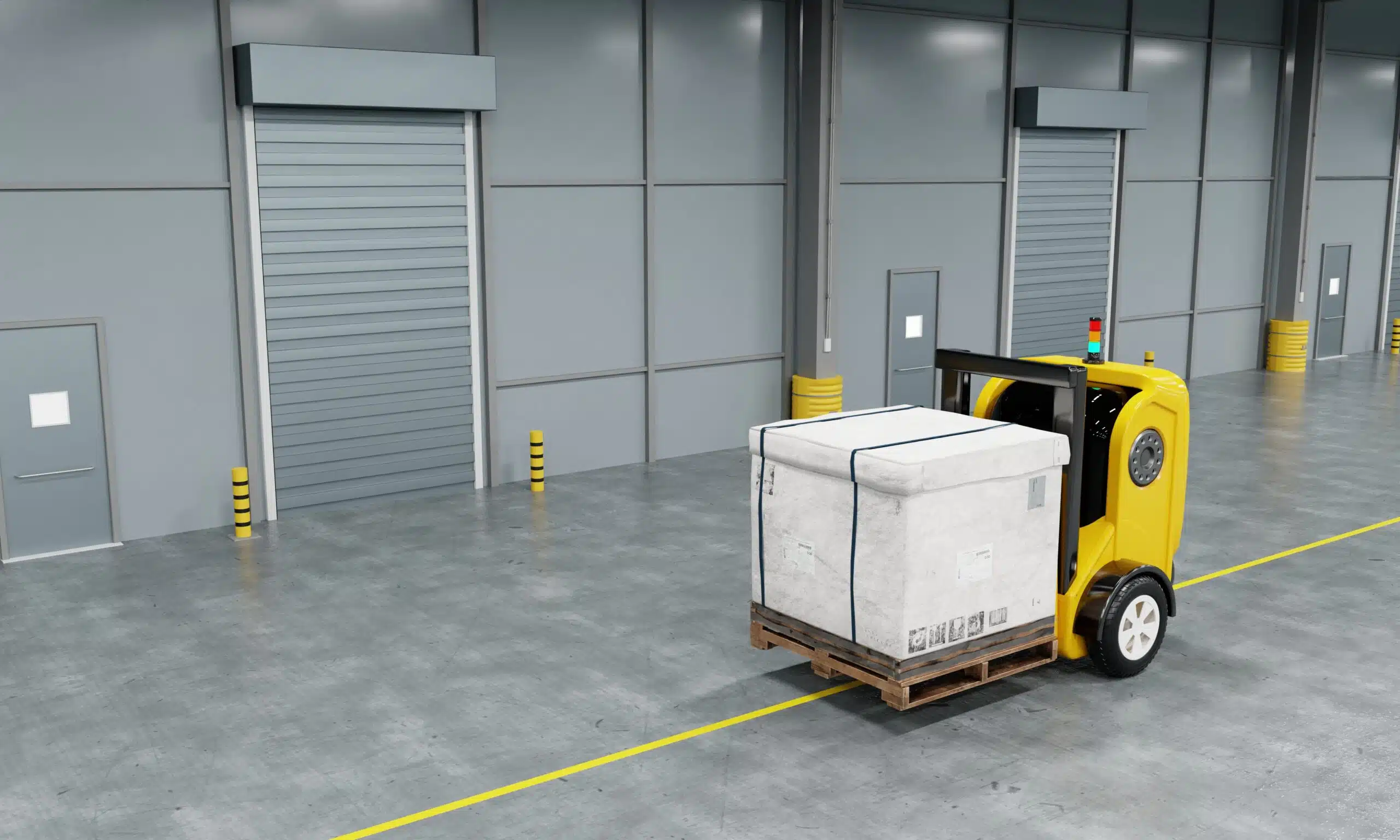
The rise of autonomous forklifts
The introduction of autonomous forklifts, or driverless forklifts, has helped meet labour shortages in many organisations. Autonomous forklifts are powered by a type of autonomous mobile robot (AMR) and can navigate a space and make decisions to avoid obstacles.
While there is concern that autonomous forklifts will reduce employment opportunities, many view the adoption of autonomous vehicles as an opportunity to allow employees to do other, more critical work.
Autonomous forklifts reduce much of the manual work and instead require employees to manage, programme, and service the vehicles. Businesses who invest in autonomous vehicles have more budget to invest in employing people elsewhere in the business.
For most businesses who use forklifts, however, autonomous vehicles are a consideration for the future. The benefits of a driver operated forklift and the ease and versatility this brings outweigh the advantages of automation technology.
We hope you found this article insightful. Find out more about our forklift attachment products and or download our Invicta overview brochure for our most popular forks and attachments.
Back to all blog posts
